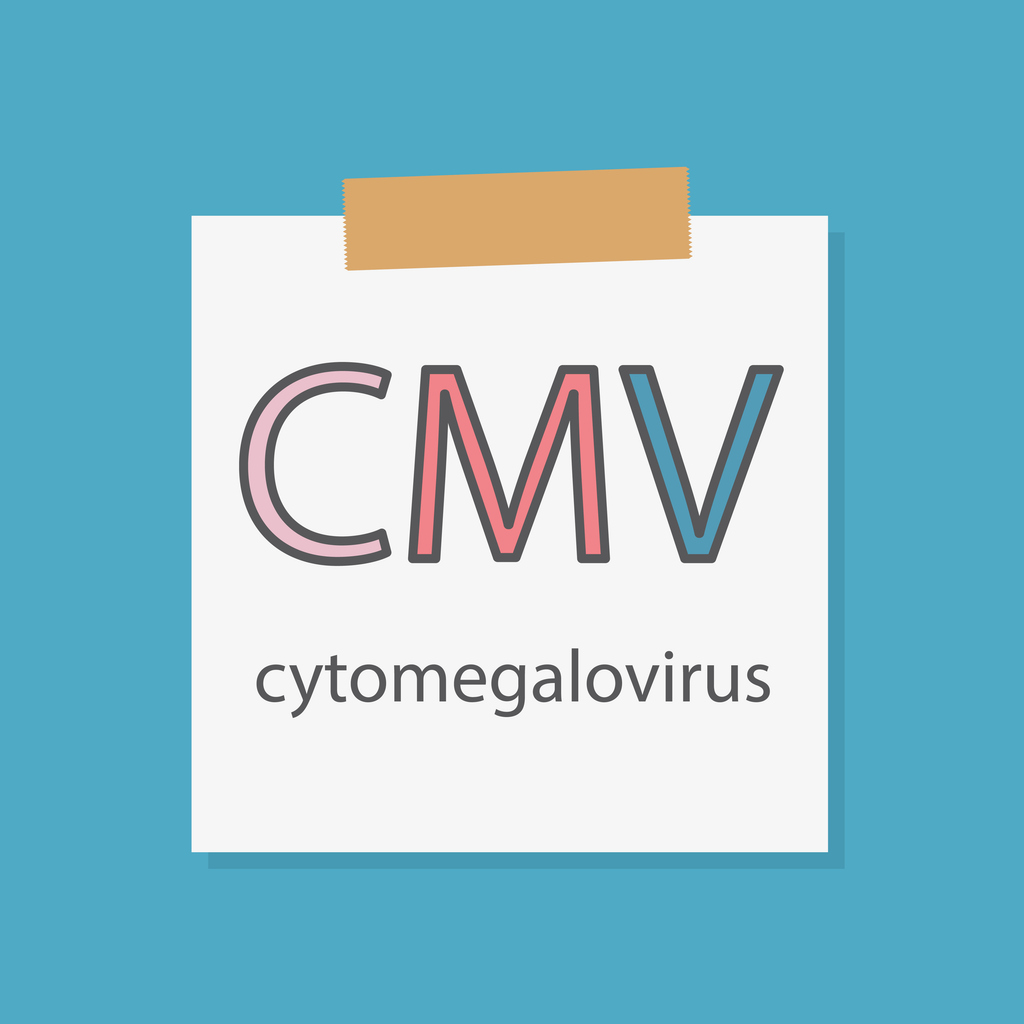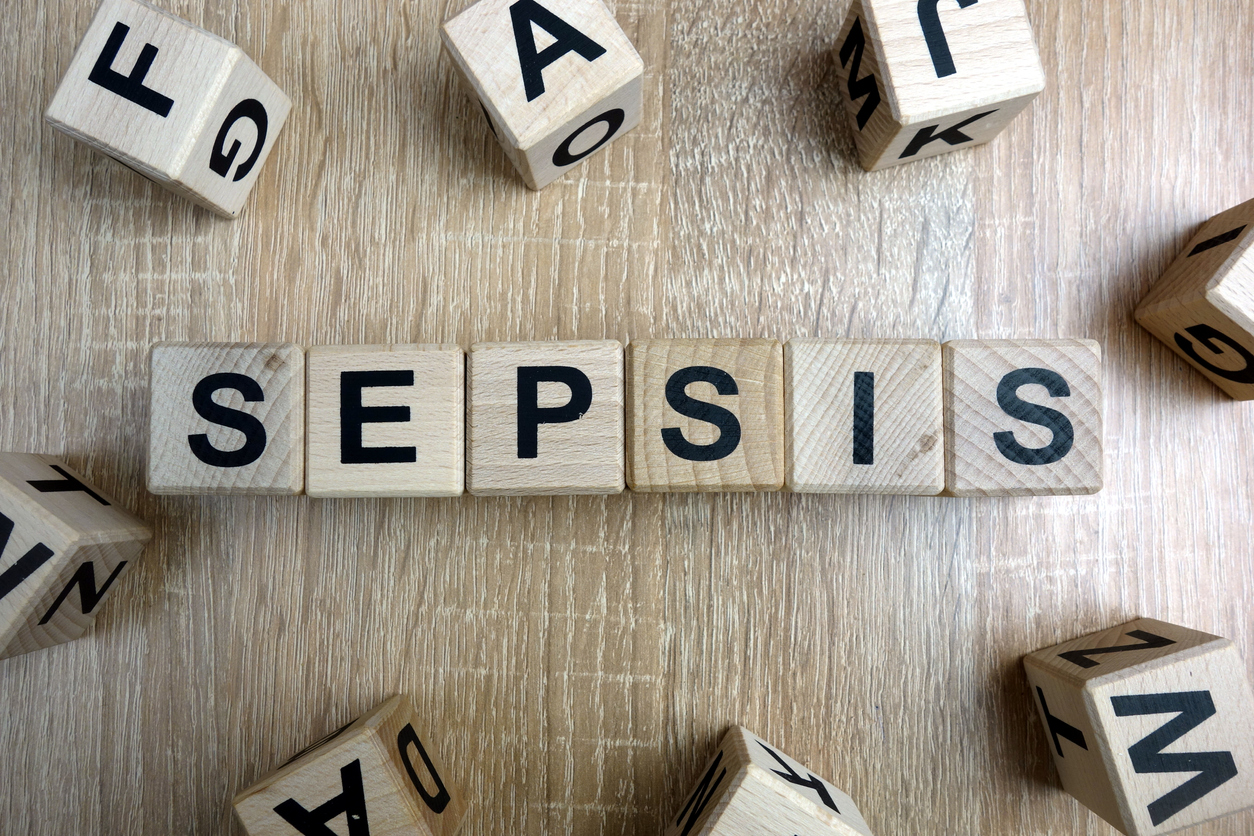2025-01-14
CMV vaccine: we're almost there!
Infectiology
Human cytomegalovirus (HCMV) is a common yet dangerous infection,
especially for vulnerable groups. In pregnant women, the infection can cause
severe malformations, hearing disorders, and cognitive impairments in newborns.
Among immunocompromised patients, such as organ transplant recipients, HCMV can
lead to severe complications, including organ rejection or systemic infections,
thereby increasing mortality and morbidity.
Developing effective strategies to prevent and treat this infection is therefore crucial. Among these strategies, the development of a new vaccine appears promising, although the virus's genetic variability and its ability to evade the immune system make this task challenging.
This study explores the progress made in developing vaccines against CMV.
These advancements represent a significant opportunity to reduce CMV's public health impact. Future research must focus on optimizing vaccine formulations and ensuring long-term efficacy, with a goal of rapid approval for these new treatments.
Developing effective strategies to prevent and treat this infection is therefore crucial. Among these strategies, the development of a new vaccine appears promising, although the virus's genetic variability and its ability to evade the immune system make this task challenging.
This study explores the progress made in developing vaccines against CMV.
CMV vaccine: progress and challenges
This study examined several CMV vaccine candidates currently in development, including subunit protein vaccines and mRNA-based vaccines. Current research highlights the following:- Several vaccine candidates have shown promising results, particularly in preventing congenital infections and reducing post-transplantation complications.
- mRNA-based vaccines, such as mRNA-1647, are in advanced stages, with phase III trials underway and results expected by 2025.
- Vaccine efficacy varies across trials, but findings suggest they could reduce mother-to-child transmission and improve the management of post-transplant infections.
The Future of the CMV vaccine: towards effective prevention
The findings of this study indicate that CMV vaccines, although still under development, show great potential in preventing congenital infections and managing complications in transplant recipients.These advancements represent a significant opportunity to reduce CMV's public health impact. Future research must focus on optimizing vaccine formulations and ensuring long-term efficacy, with a goal of rapid approval for these new treatments.

Last press reviews
Sepsis & homocysteine: a biomarker under influence?

#Sepsis #Homocysteine #Biomarker #Mortality #PersonalizedMedicine #Inte...

